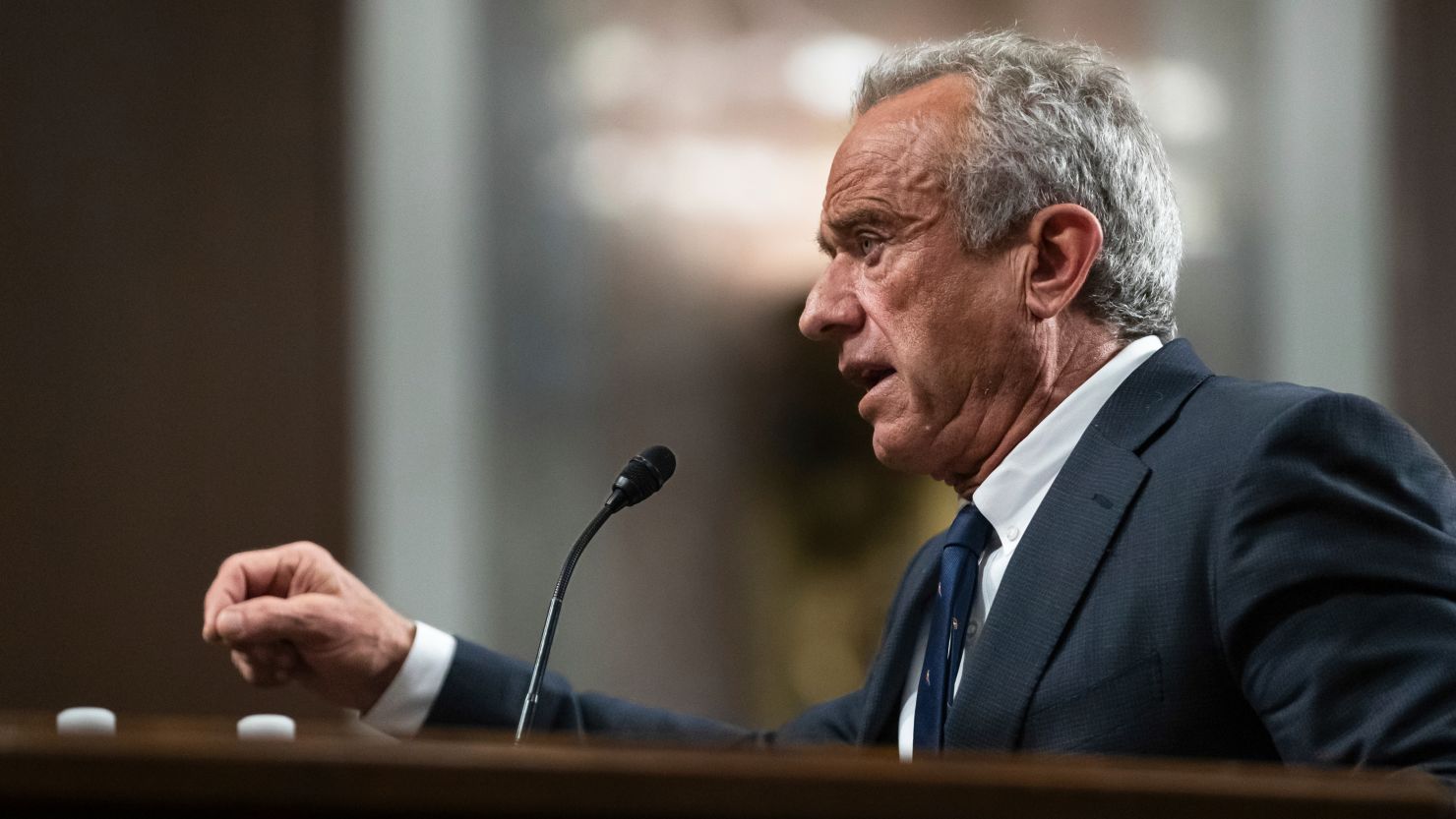RFK Jr. Questions Established Measles Treatments: A Health Risk?
Secretary of Health and Human Services Robert F. Kennedy Jr. is taking steps that appear to be detrimental to public health. In a move that surprised many medical professionals, last week he directed his department to investigate alternative treatments for measles, despite the disease’s sudden resurgence across the country. The measles vaccine is well-known for its profound effectiveness, raising questions about the necessity of this new initiative.
Kennedy’s latest directive followed closely on the heels of another controversial decision. He stipulated that all future vaccine trials also include a comparison against placebos. Many consider this measure both redundant and unethical towards those participating in the trials, given the urgency of creating vaccines for public health.
It’s noteworthy that not long ago, there wasn’t any pressing need for new measles treatments. This is due to the fact that the disease was officially eradicated in the United States 25 years ago. This victorious championing over the disease wasn’t a result of chance or some concoction created in an illegal lab and propagated on internet forums. Rather, it came about due to rigorous scientific research and substantial public investment.
A potent therapeutic in the form of a vaccine was developed which could effectively combat measles for a significant period of time. Eventually, this vaccine would evolve into the modern MMR (Measles, Mumps, Rubella) vaccine, combating multiple diseases at once. Thus, one of the most infectious diseases – far more contagious compared to COVID, for instance – became virtually non-existent in America.
The irony lies in the anti-vaccine lobbyists advocating for ‘natural immunity’ when the very concept of a vaccine is to stimulate the body’s natural defenses. Vaccines teach the body to identify and fight pathogens by generating the appropriate antibodies, representing a far safer alternative to contracting the live infection
Does contracting measles help in developing immunity to the virus? Possibly. But the other side of that coin involves risk of death and, for survivors, the potential for enduring damage. Measles is notorious for weakening the body’s overall immune response, leaving those affected more susceptible to other diseases, even ones they had previously built resistance against.
Facing the harsh reality is unavoidable: the steps taken by RFK Jr. in undermining established healthcare solutions may lead to a loss of lives. His seeming desire to revert our widely-accepted techniques of handling what were once widespread epidemics could put the public at risk.
We’ve seen Measles, a disease that was once expected to infect nearly every person, it came into contact with if they were not immune, successfully eradicated from the United States. Contrary to some beliefs about ‘natural’ solutions, this feat was achieved not through random remedies conjured in basements, nor those broadcasted across Internet forums, but with methodical research, public investment, and a scientifically developed vaccine.
RFK Jr.’s decision to search for alternate measles treatments despite the existence of an extremely effective vaccine is perplexing. Followed by his mandate to test every proposed vaccine against placebos, these actions have raised eyebrows among experts who consider these requirements protracted and ethically questionable.
Measles’ return to the United States is concerning, especially considering its high infectious rate. It was once believed that each person with measles could possibly spread it to 90% of other non-immune individuals in close contact. The re-emergence of this disease could jeopardize public health and safety.
The anti-vaccine enthusiasts’ reliance on ‘natural immunity’ is ironically opposite to the purpose of vaccines, which aim to initiate a body’s immune response in a safer, controlled manner. Despite the detrimental consequences of contracting measles, including death and permanent damages, they stand in the way of the utilization of effective vaccination.
One could argue getting measles could help develop resistance against the virus. But it must be stressed that the illness is notorious for lowering the body’s overall capability to resist other pathogens. Therefore, this argument, unfortunately, overlooks its potential negative repercussions.
RFK Jr.’s actions, in seeking to reverse the advancements we have made in combating epidemics such as measles, carry potentially grave consequences. A reinterpretation of well-accepted vaccine practices could inadvertently result in a catastrophic impact on public health, leading to untold deaths and suffering.


